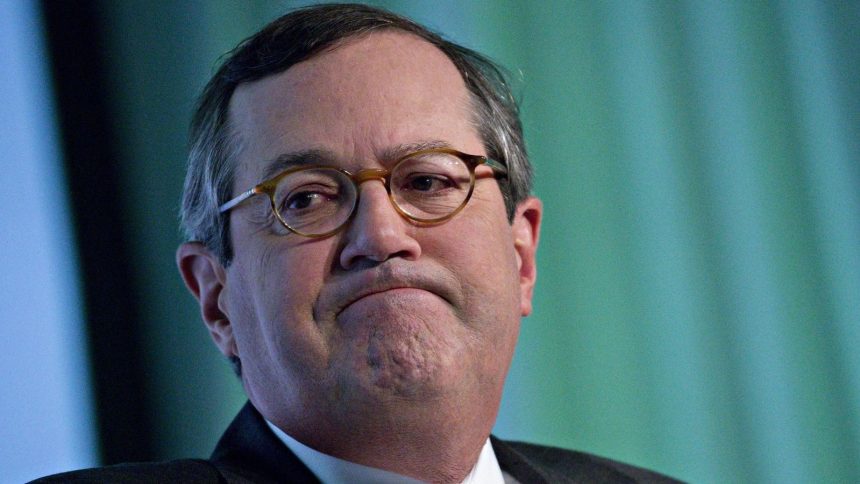President-elect Donald Trump has announced several key appointments as he prepares for his upcoming administration, including billionaire investment banker Warren Stephens as ambassador to the United Kingdom, and more controversial choices such as Kash Patel for FBI director and Charles Kushner, father of Trump’s son-in-law, as ambassador to France. This selection of nominees features a mix of influential figures, including investment bankers, political allies, and critics of government agencies, all of whom are indicative of Trump’s strategy to consolidate power and pursue his bold policy agenda. Furthermore, many of these appointments require Senate confirmation, adding an additional layer of scrutiny to Trump’s choices.
Among the most significant picks is Warren Stephens, head of Stephens Inc., who has a vast financial background and a history of supporting Republican causes financially. Trump has lauded him as a highly successful businessman. Another notable appointment is Massad Boulos for senior advisor on Arab and Middle Eastern affairs, who also has personal ties to Trump’s family. Kash Patel’s nomination for FBI director has attracted criticism from Democrats due to his previous roles in the Trump administration and his contentious views about restructuring the bureau. Likewise, health nominee Robert F. Kennedy Jr. has stirred controversy with his vaccine skepticism, raising eyebrows within both Democratic and conservative spheres.
The array of nominees signifies Trump’s intent to place loyalty and shared ideology at the forefront of his staffing choices. For instance, former Florida Attorney General Pam Bondi has been selected to head the Justice Department, and she is expected to refocus its efforts in alignment with Trump’s agenda. Similarly, other appointees, such as Pete Hegseth for the Department of Defense and Robert F. Kennedy Jr. for Health and Human Services, are notably controversial due to various allegations and public perceptions surrounding their professional histories. Trump’s selections for key roles reflect a broader theme of promoting individuals who have demonstrated unwavering loyalty to him during his time in office.
In addition to his Cabinet selections, Trump has crafted a new infrastructure for governance, establishing a department focused on government efficiency led by Elon Musk and Vivek Ramaswamy. This move signifies a unique intersection of private-sector influence in government affairs, as well as a commitment to promoting significant regulatory and bureaucratic reforms. The influence of billionaire backers like Musk and Lutnick in Trump’s inner circle also illustrates the ongoing trend of wealthy individuals guiding substantial policy decisions. This approach continues the theme of merging business practices with governmental operations, challenging traditional boundaries and perceptions of public service.
Trump’s nominees for high-profile positions within his administration, particularly in areas such as national security and foreign affairs, reveal an administration committed to a clear ideological vision. Appointing figures like Doug Burgum, Governor of North Dakota, as Secretary of the Interior and Kristi Noem as Secretary of Homeland Security ensures a coherent approach to national policy concerning natural resources and immigration. Similarly, the nomination of Tulsi Gabbard as Director of National Intelligence emphasizes a desire for a departure from conventional methods, particularly in her critical perspectives towards military interventions.
In conclusion, Trump’s assembled team is characterized by figures who prioritize loyalty, shared ideology, and the promise of sweeping systemic reforms. The contentious nature of several appointments is likely to spur significant debate within the Senate confirmation process, reflecting the polarized political climate. As Trump shapes his second-term agenda, it remains to be seen how these picks will navigate the various challenges ahead, from addressing internal criticisms to executing policies aligned with his vision for America. The confluence of Trump’s personal connections and the appointment of divisive figures could set the stage for an administration imbued with both innovative reforms and heightened conflicts.



